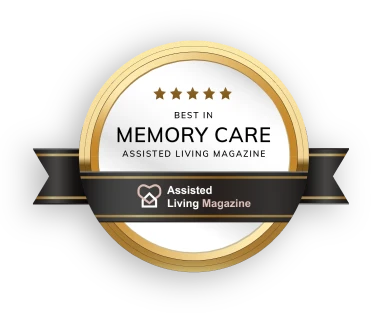When it comes to diagnosing dementia, the ultimate authority is indeed the doctor. However, the journey towards that diagnosis often begins with the observations of those closest to the individual – family and friends. These are the people who notice the subtle changes, the small slips, and the gradual decline that may indicate the onset of dementia. Recognizing the early symptoms is crucial, as it can lead to earlier intervention and better management of the condition.
Common Symptoms of Dementia Noticed by Family and Friends
Family and friends are often the first to spot changes that might signal dementia. Here are some common symptoms that are frequently noticed:
- Memory Loss: Forgetting recent events or information, repeating questions, and relying heavily on memory aids.
- Confusion: Getting lost in familiar places, losing track of dates or time, and struggling to follow conversations or stories.
- Difficulty with Familiar Tasks: Trouble completing routine tasks, such as cooking, driving, or managing finances.
- Language Problems: Difficulty finding the right words, following or joining a conversation, and naming objects.
- Changes in Mood and Personality: Increased anxiety, depression, apathy, or significant mood swings.
- Poor Judgment: Making poor decisions, such as giving away money, neglecting personal care, or dressing inappropriately for the weather.
- Withdrawal: Pulling away from social activities, hobbies, or work.
- Understanding the Diversity of Dementia
Understanding the Diversity of Dementia
Dementia is not a single disease but a general term that describes a range of symptoms associated with a decline in cognitive function. There are over 100 conditions that can cause dementia, including Alzheimer’s disease, vascular dementia, Lewy body dementia, and frontotemporal dementia, among others. Each condition can manifest differently, adding to the complexity of recognizing and diagnosing dementia.
For instance, while memory loss is a hallmark of Alzheimer’s, individuals with frontotemporal dementia might first show changes in personality and behavior. Vascular dementia might initially present with difficulties in problem-solving or slowed thinking. This diversity underscores the importance of professional medical diagnosis to determine the specific cause and appropriate treatment plan.
The Importance of Early Detection
Early detection of dementia symptoms is critical. It allows for timely medical evaluation, access to treatments that can slow progression, and the opportunity to plan for the future. This is where the CERTUS Institute steps in.
Free Memory Screenings by the CERTUS Institute
The CERTUS Institute offers free memory screenings, which are a valuable resource for individuals and families. These screenings are not diagnostic tools but provide important insights that can be shared with a doctor. We conduct these screenings one-on-one or as part of community events at 55+ communities, health fairs, and within Homeowner Associations (HOAs).
Our goal is to empower individuals with knowledge and promote early identification of symptoms. Knowing what to look for and acting quickly can make a significant difference in managing dementia and maintaining the best possible quality of life.
Take Action Today
If you or someone you love is showing signs of dementia, don’t wait. Take advantage of the free memory screenings offered by the CERTUS Institute. Early detection and intervention are key to navigating this challenging journey. Together, we can ensure that those affected by dementia receive the care and support they need.
For more information or to schedule a memory screening, visit our website or contact us directly. Your awareness and proactive approach can make all the difference.
Authored by CERTUS Institute Faculty:

Joshua Freitas,
Ph.D., M.Ed., BC-DEd, et al.

Theda Heiserman,
BC-DEd, CLC, DE-NC, et al.








